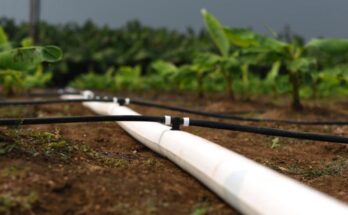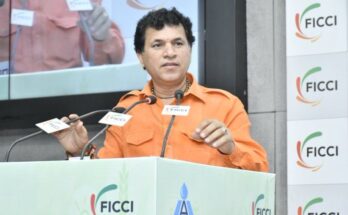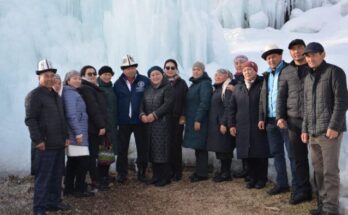Ambuja Foundation, an independent, pan-India development organisation, focussing on generating prosperous rural communities has partnered with National Bank for Agriculture and Rural Development (NABARD) to implement the Bari Watershed Development Project in Ropar district of Punjab. With the success of a pilot capacity-building programme in 2020, the partnership continued with a watershed initiative.
Bari in Ropar faces water runoff being a sub-mountain region which receives about 80 per cent of total rainfall. Other problems include climatic conditions, soil erosion, and land degradation resulting in low income from agriculture and animal husbandry. Under this project, as the implementation partner, Ambuja Foundation will focus on soil conservation and improving soil quality, water management, conserving biodiversity, climate proofing activities, women empowerment and livelihood along with capacity building in the area.
You may also like to read: Human activity around lakes depletes groundwater more than climate change, reveals study
The project will also focus on water management for crops and human use through soil and moisture conservation measures. With its integrated approach, the Ambuja team will support in building staggered contour trenches, farm ponds, percolation tanks, waste weir, check dams, gabion structures and gully plug along with driving plantation drives and recharging pits.
Sharing her views on the work and partnership with NABARD, Pearl Tiwari, Director and CEO, Ambuja Foundation, said, “Today, climate change has become a global challenge and the rural communities are the worst affected by this problem. It is huge when government organisations like NABARD see these challenges and want to work with like-minded organisations and appointed us to run watershed development projects. Our team will further work to improve the soil condition, water management for farming and community use and train the women of the village to earn from alternative resources like dairy farming and animal rearing.”
You may also like to read: Enabling climate-resilient agriculture with agritech
Under climate-proofing activities, the foundation will target 85 households and encourage them to install sprinkler and drip irrigation systems, consider crop diversification, kitchen gardening, fruit cultivation to increase income, manage crop residue and set up light traps. Ambuja Foundation will also organise training sessions for women to learn better dairy farming practices and livestock rearing to create alternate incomes.





